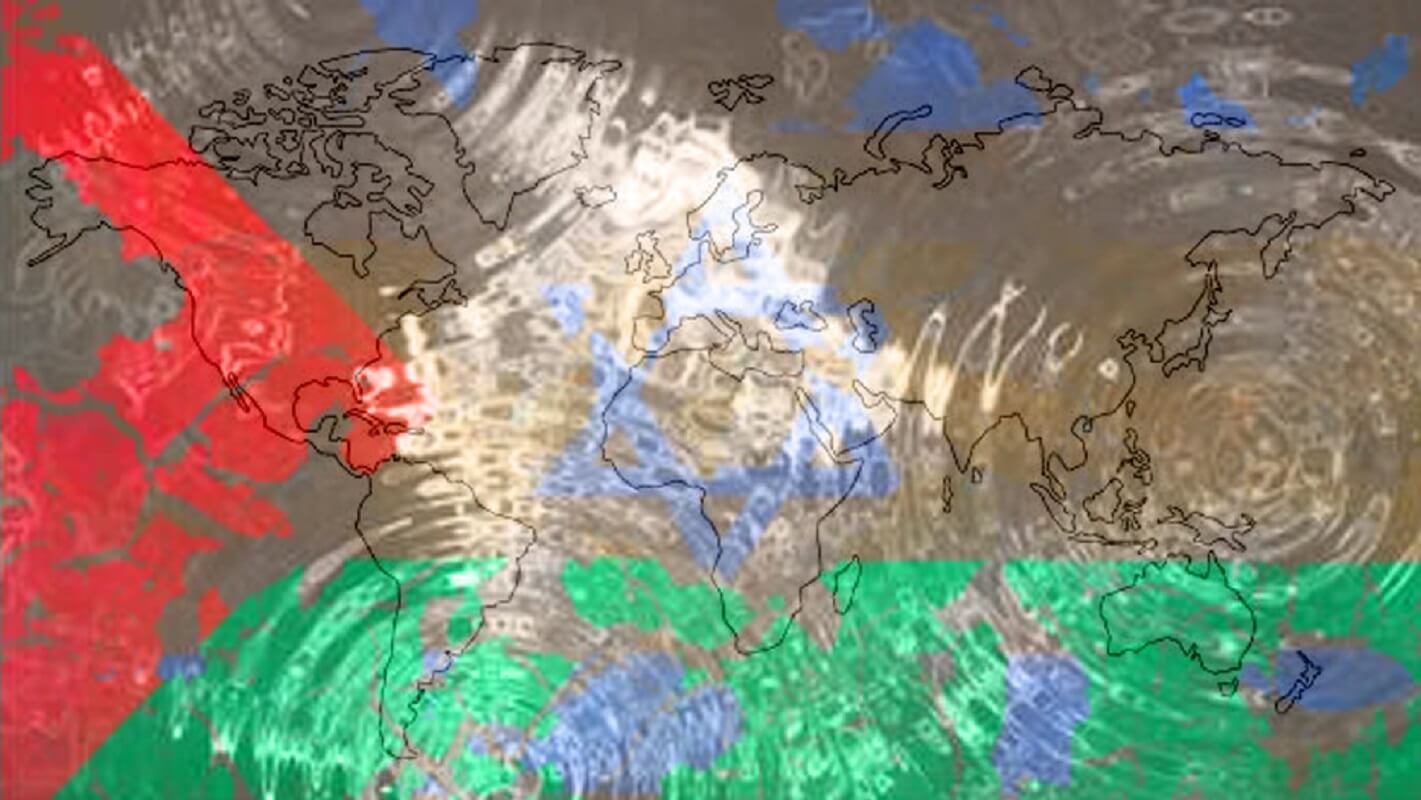Palestine, Israel, and the Ripple Effect on Bangladesh
Kazi Rhid | 07 November 2023
The Israel-Hamas war is about to enter its second month as the North of Gaza is getting occupied by Israel Defense Forces (IDF) ground invasion. As the situation develops, tensions build in the Middle East. Many of the Palestinian population are asking the Arab world to make a move that would not have a good outcome for anyone in the region. The Israeli government is showing no signs of slowing down with its military operations. On the 29th of October, Prime Minister Netanyahu stated in a national address that this would be a long and difficult war.
Bangladesh is one of the few countries that recognize Palestine as a state. Until two years ago, it also had travel restrictions on its nationals for travelling to Israel. Bangladesh has historically been on the side of Palestine throughout the dispute. The recent war has made the foreign minister denounce the indiscriminate bombardment of the Gaza Strip. Bangladesh has heavily condemned the killing of civilians including women and children. At the time of writing this article, the numbers are nearing 10,022, among which 4,104 are children, according to Aljazeera investigations, which the Arab world and the United Nations have heavily condemned.
Here in South Asia, the population is still struggling to combat the waves of economic downturn caused by the pandemic, followed by the war in Ukraine. Another war breaking out could restrict trade and expand a military budget, which a country like Bangladesh simply cannot afford. This is why Bangladesh’s foreign ministry has urged the international community to have a stronger voice in advocating a peaceful ceasefire.
The Prime Minister herself has been trying to spread the message of peace in her recent expeditions to other countries. In her recent visit to Europe for the Global Gateway Forum, she expressed concerns about a political and economic shock due to the wars going on in both Ukraine and Gaza. She said, “We expressed serious concerns over the wars in Gaza, Ukraine, and other parts of the world. We agreed to join forces for peace everywhere” at the European Commission headquarters in Brussels on the 26th of October.
Bangladesh has urged for a ceasefire and backed a failed UN bid to stop the bloodshed. But peace is not easy to come by, and war is costly especially if it spreads across the region. Bangladesh depends on the Gulf for oil and markets for its textiles. It also sends most of its workers there, who send back money to their families. Bangladesh’s economy would suffer greatly if the war disrupted these vital links.
Bangladesh is caught in a dilemma as the war rages on. The war has also stirred up the big players on the world stage. Russia and China are siding with the Palestinians, even though they are not enemies with Israel. They are also cosying up to Iran, another thorn in the US’s side. The US and India seem to be in the opposite camp, backing Israel. This creates a new rift that will make the global rivalry even hotter and Bangladesh’s task of keeping good ties with all four powers even harder.
Kazi Rhid is a Content Strategy Coordinator at the Centre for Governance Studies.
Views in this article are author’s own and do not necessarily reflect CGS policy.
Comments
-
30 Jul 2024, 05:58 PM
I am Commodore Al Faruq from Bangladesh Navy undergoing National Defence Course at National Defence College, Mirpur. My Individual Research Paper topic is 'Impact of Israel Palestine War on Bangladesh: A Multifaceted Analysis'. Your paper will be helpful to get secondary date for my research work. Therefore, may I request you to send your full paper to my email: [email protected]. Regards
